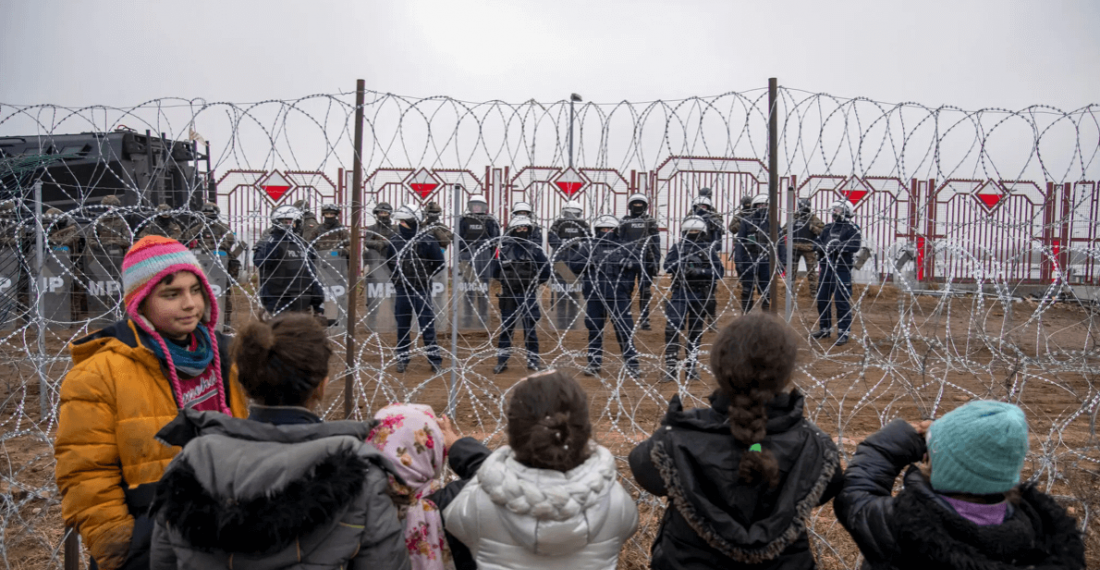The European Commission may temporarily suspend laws and regulations that protect migrants and asylum seekers in EU member states Poland, Lithuania and Latvia. The aim is to assist EU member states in processing the flow of migrants from Belarus more efficiently.
The three eastern member states will be allowed to detain migrants and asylum seekers for up to 16 weeks in reception centres at the border with Belarus, the Commission proposes in its new proposal. This would also provide them a more extended period to prepare an asylum application. The Commission claims that this process may take four weeks from now on, whereas it is currently ten days. Meanwhile, migrants and asylum seekers must remain in the reception centre. Poland, Lithuania and Latvia will also be allowed to use 'simplified and faster return procedures'. The "emergency measure" would last for six months.
"The extension will help the member state to apply the fiction of non-entry for a longer period providing for more flexibility to deal with the increased workload," the document reads.
Governments of all EU member states combined must still approve the proposal, which has been prompted by Belarus' attempts to fly Iraqis, Syrians and others to Minsk in response to European sanctions and channel them into the European Union.
The proposal immediately drew a lot of criticism. According to humanitarian organisations and Members of the European Parliament, the Commission condones and legalises the sending back of people who want to apply for asylum, while this is forbidden.
In recent weeks, thousands of people from the Middle East, in particular, have been stranded at the EU's external border. According to the Commission, over 8,000 migrants are currently held in centres across the three countries and over 10,000 people have already reached Germany.






